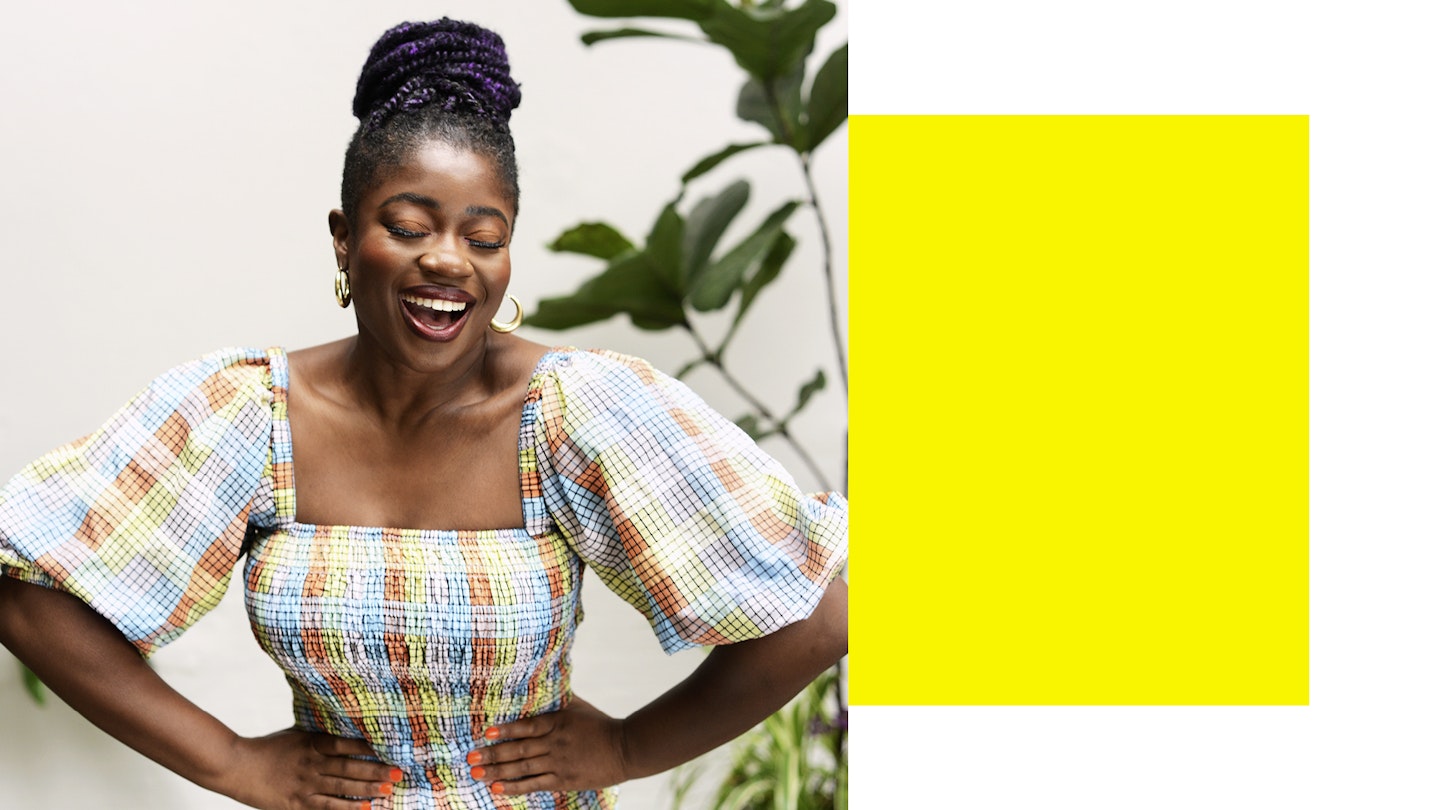By most accounts, 2020 has been a terrible, horrible, no good, very bad year. A turbulent climax following a moody decade that preceded it, in which each year grew increasingly more unpredictable than the last. And yet here I am, on a video call with Clara Amfo. Giggling. Having a kiki, as my American girlfriends and I would say, over everything from the incredibly good storylines in Issa Rae’s wholly addictive TV show Insecure to the delicious joys of homemade red velvet cake (Clara has been making a lot of it in lockdown) and the shared experience of having very supportive, very vocal mothers.
‘The joy is an act of resistance,’ she says, referencing the idea made famous by the feminist icon, Audre Lorde, that the preservation of one’s happiness and peace of mind is a key part of activism. ‘Being a joyous Black person is radical,’ Clara adds. In theory, we should be angry, exhausted and indignant. In the past two weeks, both Clara and I – and many, many, many other Black women in media – have been thrust into the position of being asked, repeatedly, to comment on racism as the world (or at least, scores of its non-Black inhabitants) wakes up to the fact that, yes, it is alive and real in the aftermath of the murder of unarmed George Floyd. Suffocated under the weight of a white police officer’s knee, the Texan’s videotaped death was an all too common act of brutalisation.
The horror stirred a wave of protest and unrest that was so unprecedented a friend back home called it the American Spring. So the media, and civilians alike, turned to the Black people they knew for commentary, guidance and validation. It was draining. ‘MY PHONE HAS TURNED INTO A RACE HOTLINE AND I HATE IT,’ author Candice Carty-Williams memorably tweeted in all caps, summing up what many of us were experiencing.
If you are one of the millions who tune in to her mid-morning show on Radio 1, or one of the 170,000 who follow her updates on Instagram, you’ll know that Clara is a woman who epitomises Black joy. It’s so palpable, Oprah even once commented on it. ‘She told me, “You’ve got a light. I can see it. I can feel it.” And she just held me and she told me, “You are standing on the shoulders of everyone who has come before you.”’
[READ MORE: Here Are The Anti-Racism Charities You Can Support Around The UK And US](http://Here Are The Anti-Racism Charities You Can Support Around The UK And US)
Oprah told me, "You've got a light. I can see it. I can feel it"
Clara has an Oprah-like knack for connecting with people herself. She’s the woman commanding a theatre full of VIPs and media insiders – normally a tough, unimpressed crowd – with a thrillingly easy effervescence at the Black Panther premiere in 2017. She’s the DJ dancing in the booth while Harry Styles sings a surprise cover of Lizzo’s Juice on Live Lounge in 2019. She’s also the woman who is consistently in the middle of the group who seems to be having the most fun at whatever party she is at. Clara is the woman you want to hang out with. The person whose end of the dinner table you want to be sitting on. A quote famously attributed to Maya Angelou says, ‘People will forget what you said, people will forget what you did, but people will never forget how you made them feel.’ Clara is a woman whose enduring positivity makes you feel happy.
.jpg?auto=format&w=1440&q=80)
But recently, she’s become famous for doing the opposite. Days after footage of Floyd’s killing went viral, waking waves of people up to the reality of racism, Clara gave a speech that laid bare the heartbreak at the root of the Black Lives Matter movement. ‘We talk a lot about mental health, and mine was in a really, really bad way yesterday,’ she said, explaining why she wasn’t on-air the day before. ‘And it has been for the last few days, in particular in relation to the death of George Floyd, an unarmed Black man who died while being held under arrest. I did not have the mental health to face you guys yesterday and ask: “How was your weekend?” like I usually do with my happy intention because I know my weekend was terrible.’ In the no good, very bad year that is turning out to be 2020, Clara was effectively telling listeners, it’s OK to not be OK. In fact, if you’re not angry, you’re not paying attention.
‘Last Tuesday, it was quite emotional for me,’ she explains later during our Zoom. ‘I was coming out as a Black woman to my listeners. They know I’m a Black woman. I’ve never hidden that. I’ll speak about my mum or mention that I need to get my braids done. Or that I was in Ghana for Christmas. They’ve always been given signifiers of my Blackness in the most joyous parts. But they weren’t aware of my Blackness in the pain and trauma.’
One in a sea of statements against police brutality that have now been made, Clara’s words stood out for their simplicity and vulnerability. Social media had become a messy scroll of words – contained corporate statements, indulgent, long confessionals and sheer outrage. But there was something about hearing a voice, Clara’s, cracking as she attempted to swallow tears, that hit differently. Her fellow BBC Radio 1 presenter Chris Stark called her speech ‘one of the most incredible, powerful, moving bits of radio ever’.
But to Clara it was a release. ‘I think, for me, the moment was like breathing out. It’s like when you’ve had on a super-tight pair of jeans all day. And then after I said what I said, I felt like I had undone my top button. The summation of absorbing Black pain through media, seeing what happened to Breonna Taylor, Sandra Bland, Ahmaud Arbery, Stephen Lawrence, the various cases in the UK. Black people. I love us. To see the mistreatment and disregard for Black life is painful. But don’t feel sorry for me. I love my Blackness.’
.jpg?auto=format&w=1440&q=80)
Since then, Clara’s inbox has been a pile of messages from listeners looking to share stories of their own awakenings. ‘I’ve never been more proud of the listeners who told me they are seriously committed to anti- racism and putting it into practice.’
Growth, identity and evolution are recurring threads during our chat. Clara grew up in south London as one of six siblings in a tight-knit family. Her parents emigrated to London from Ghana in the ’70s. Her father studied medicine and became a microbiologist for the NHS. ‘He passed away five years ago. We had very similar personalities,’ she says. Since then, her relationship with her mother, which became Instagram famous when she set up an account dedicated to her mother’s WhatsApp critiques of Clara’s red-carpet looks, has reached a new depth. ‘I’ve fallen in love with her in a whole new way. She’s a very strong, joyous person.’
As different as the two are – Clara’s mother is a church-goer, while Clara likes a party and ‘a little cocktail’ – one can sense, in hearing Clara talk about their relationship, that the two share an innate optimism. And that hope seems to be powering Clara through these final weeks of upheaval and lockdown. ‘Something about these protests feels different. I think we’re going to see real change. My forever mood is that I want to show up for the child version of me. The young Black girls who are where I was,’ she explains. ‘You literally can’t be what you can’t see.’ Oprah would be proud.
Hear Clara Amfo on BBC Radio 1, Monday to Thursday, 11am – 3pm.
Kenya Hunt’s book, ‘GIRL: On Womanhood And Belonging In The Age Of Black Girl Magic’****__, will be published this autumn.
READ MORE:
What To Watch To Educate Yourself About Racism
What to watch to educate yourself about racism
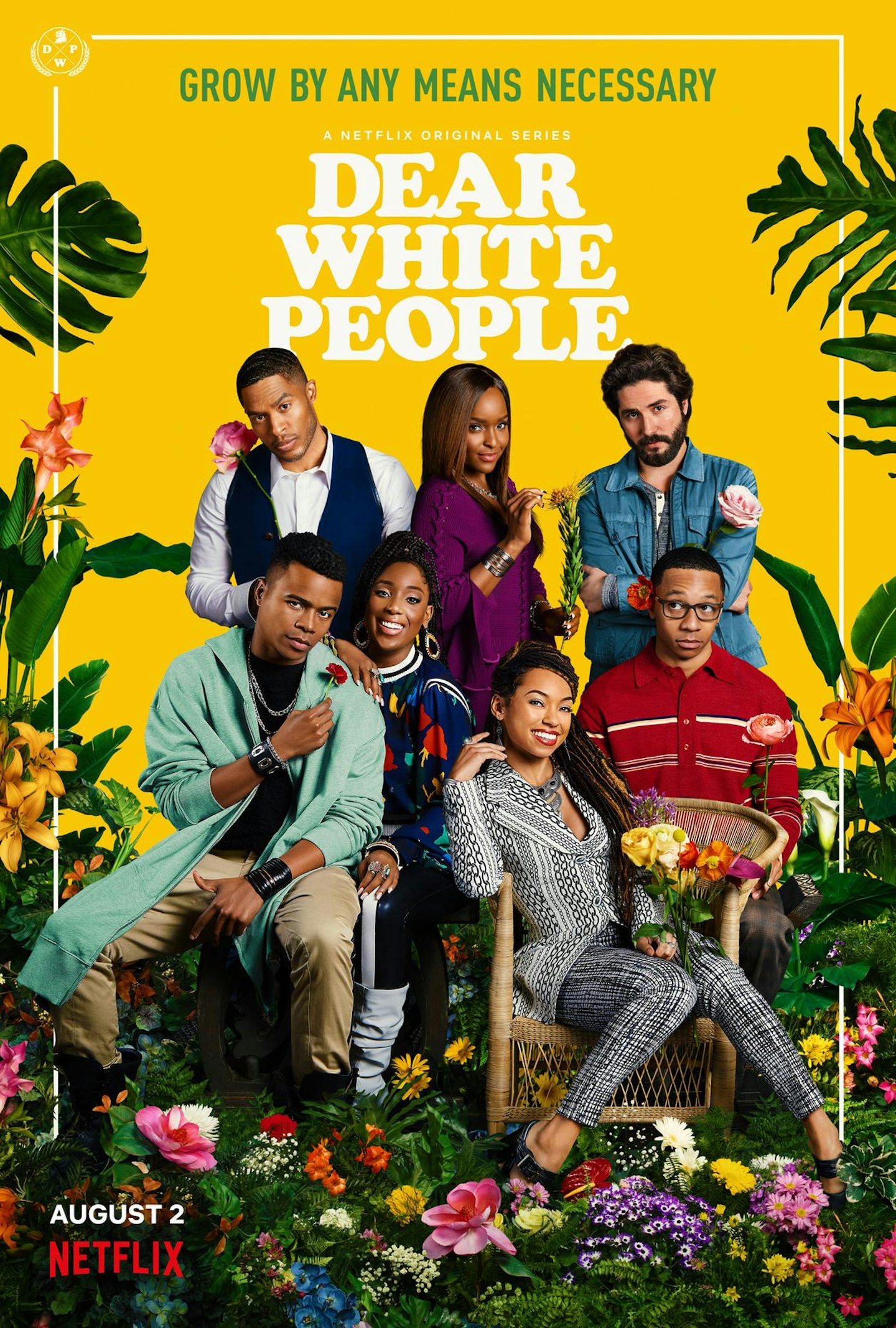 1 of 23
1 of 23Dear White People
A Netflix series following several Black college students at a largely white Ivy League school – based on the film of the same name (which can be rented on Amazon Prime).
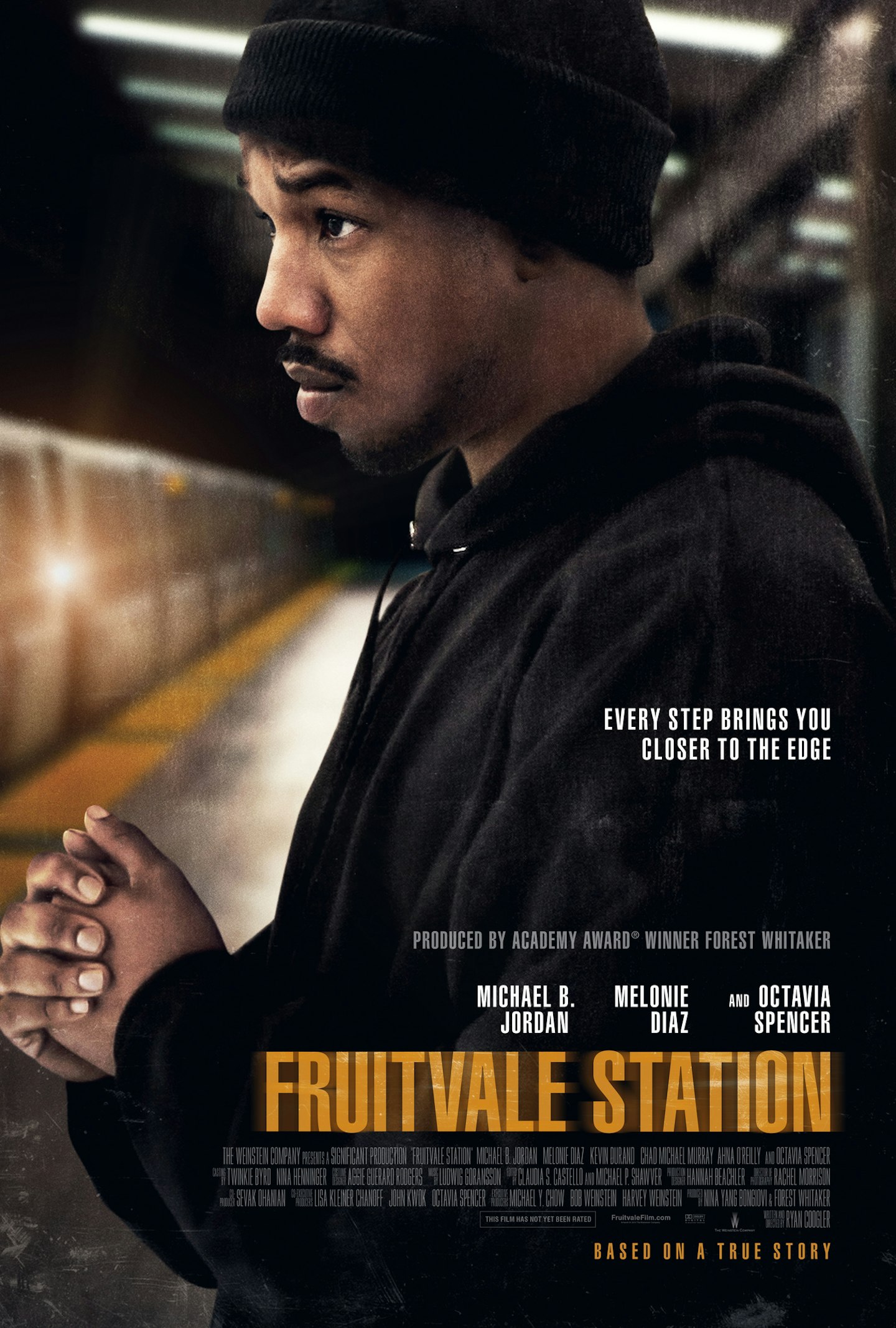 2 of 23
2 of 23Fruitvale Station
Michael B Jordan stars in this biographical film about the events leading to the death of Oscar Grant, who was killed in 2009 by a BART police officer, Johannes Mehserle. Available to watch on Netflix.
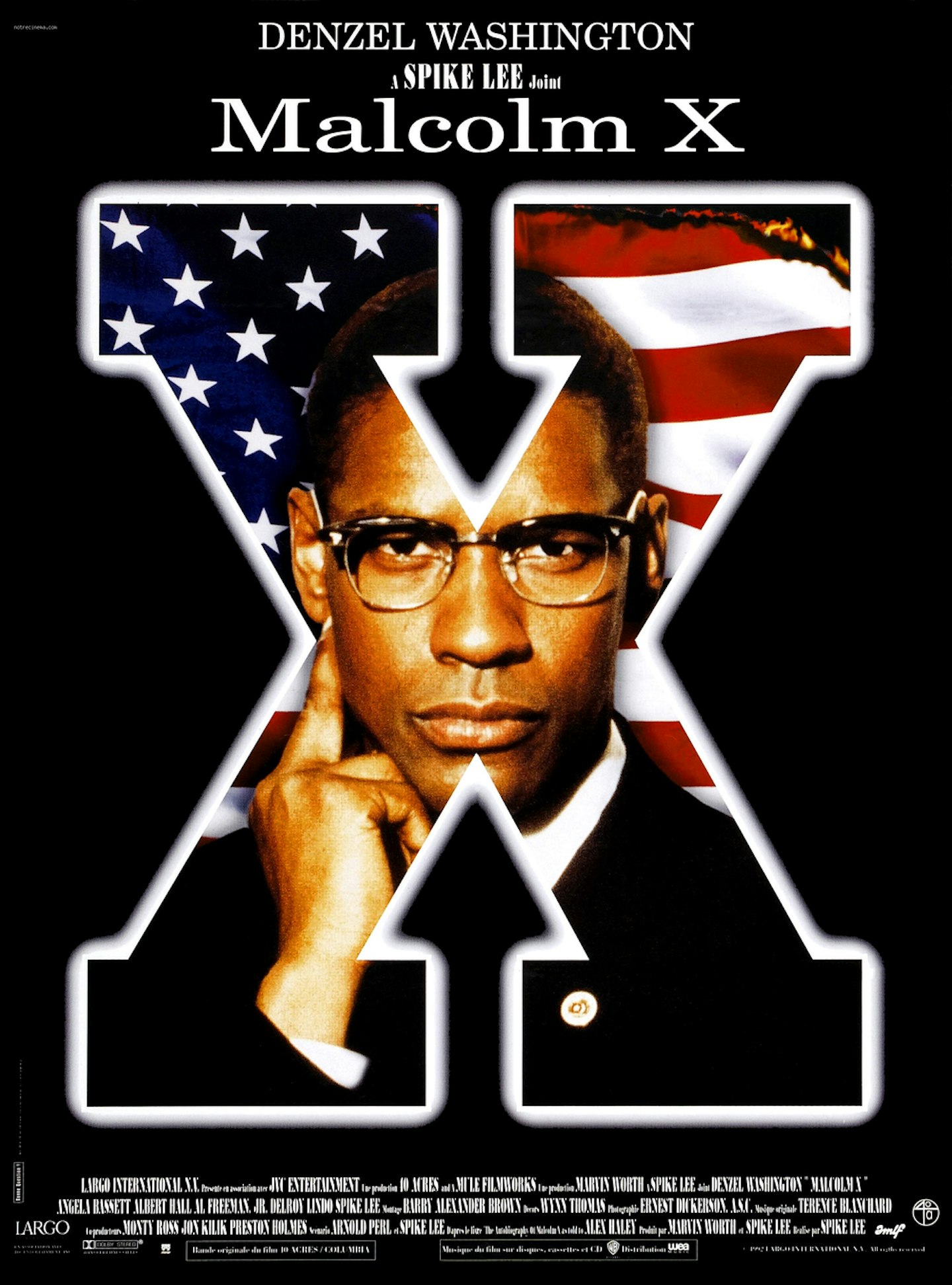 3 of 23
3 of 23Malcolm X
A biographical film of activist Malcolm X, directed and co-written by Spike Lee and starring Denzel Washington. Available to rent on Amazon.
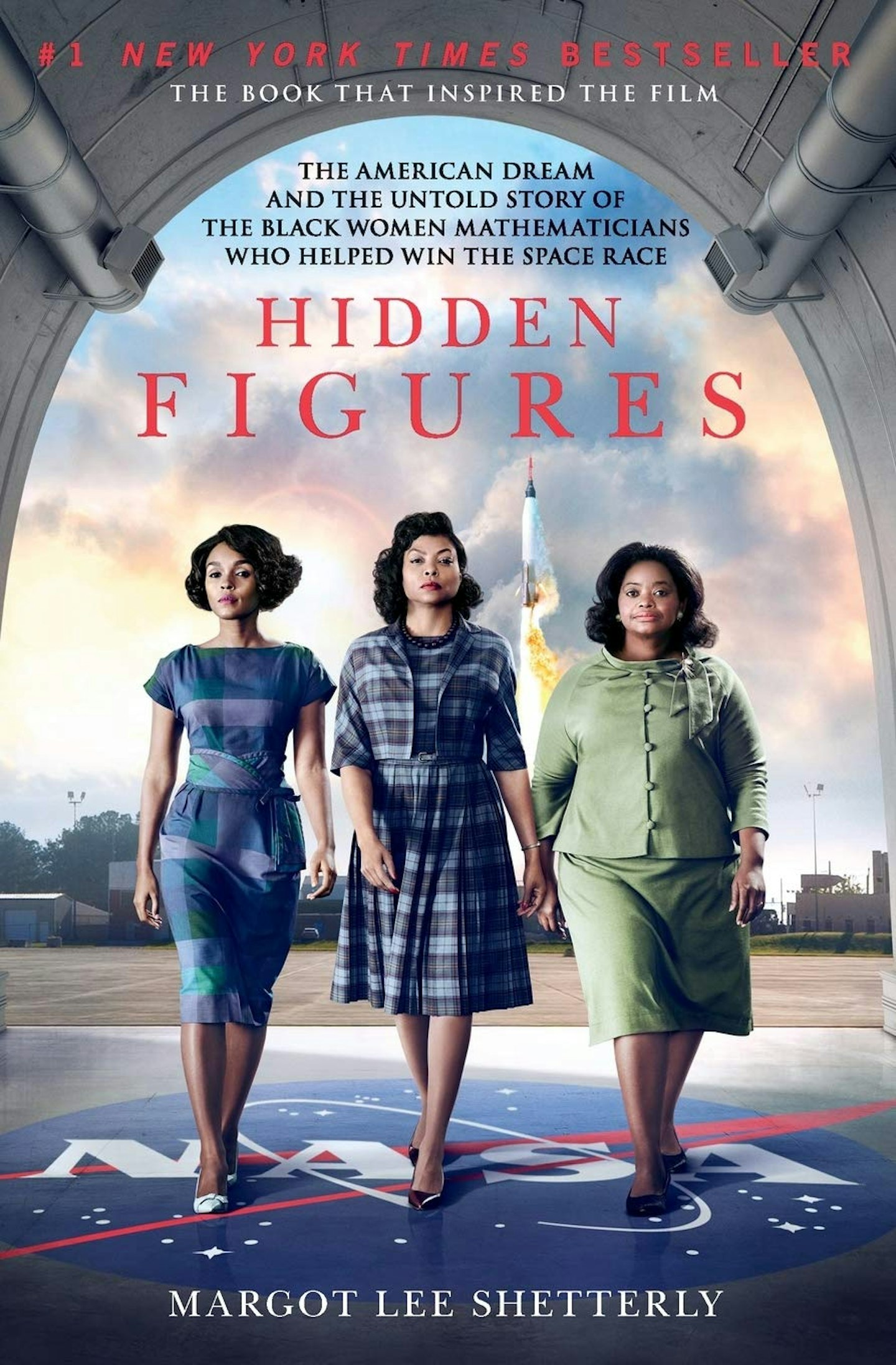 4 of 23
4 of 23Hidden Figures
The true story of three African-American women working at NASA as mathematicians, starring Taraji P. Henson as Katherine Johnson. Available to rent on Amazon Prime.
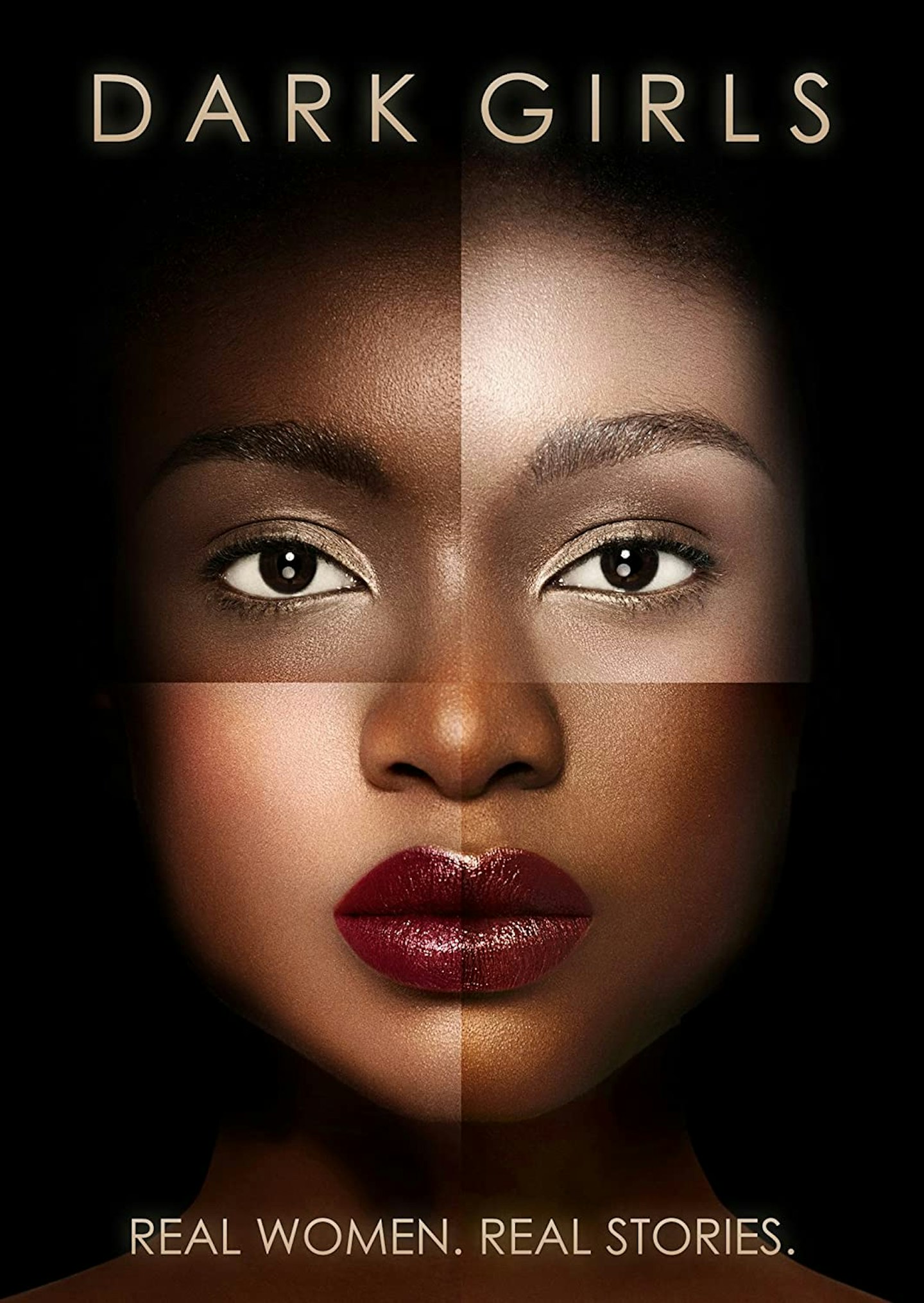 5 of 23
5 of 23Dark Girls
A documentary about the prejudices and cultural bias dark-skinned women face around the world. Available to rent on Amazon.
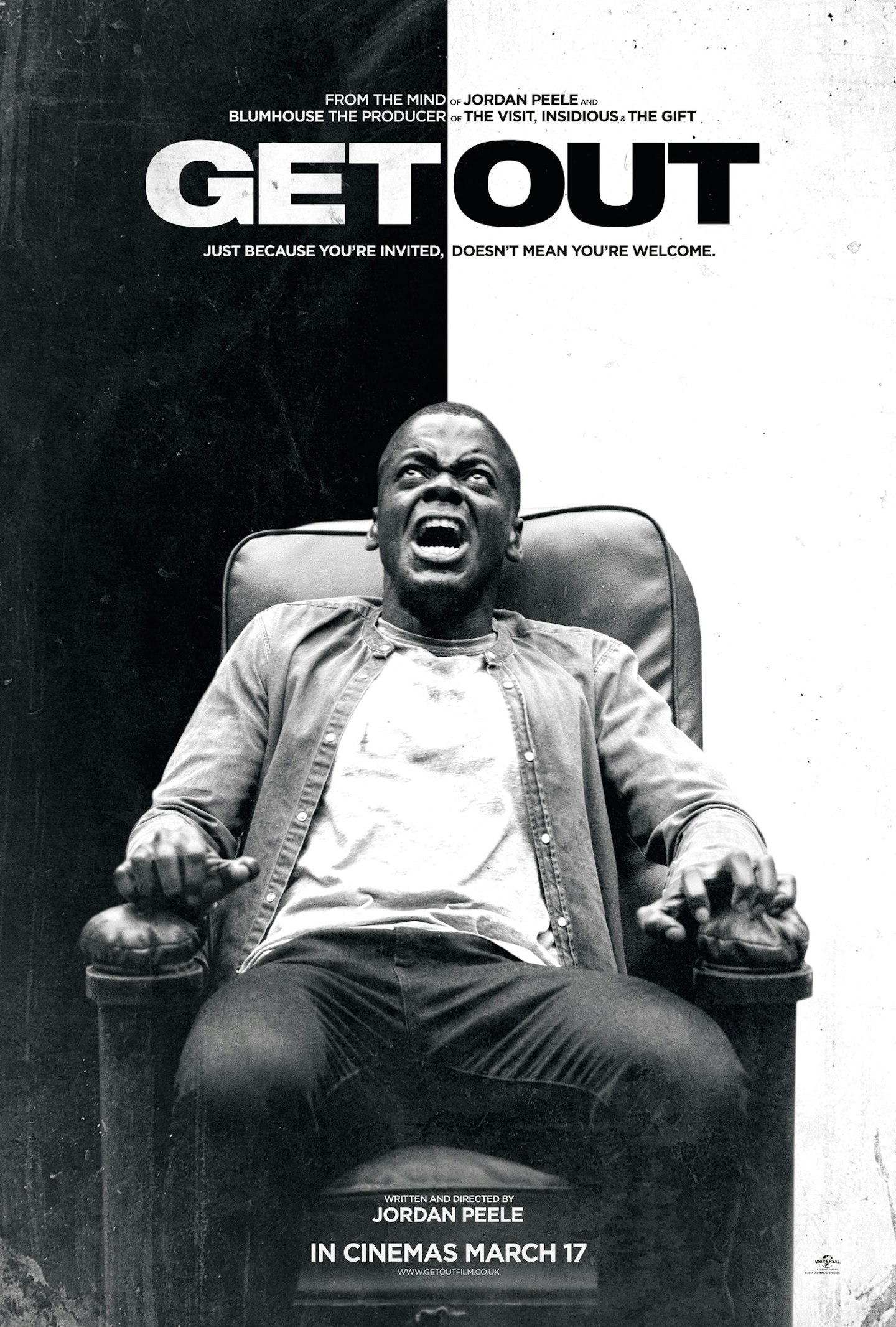 6 of 23
6 of 23Get Out
A horror film written and directed by Jordan Peele starring Daniel Kaluuya as a man who uncovers a disturbing secret when he meets the family of his white girlfriend. Available to rent on Amazon.
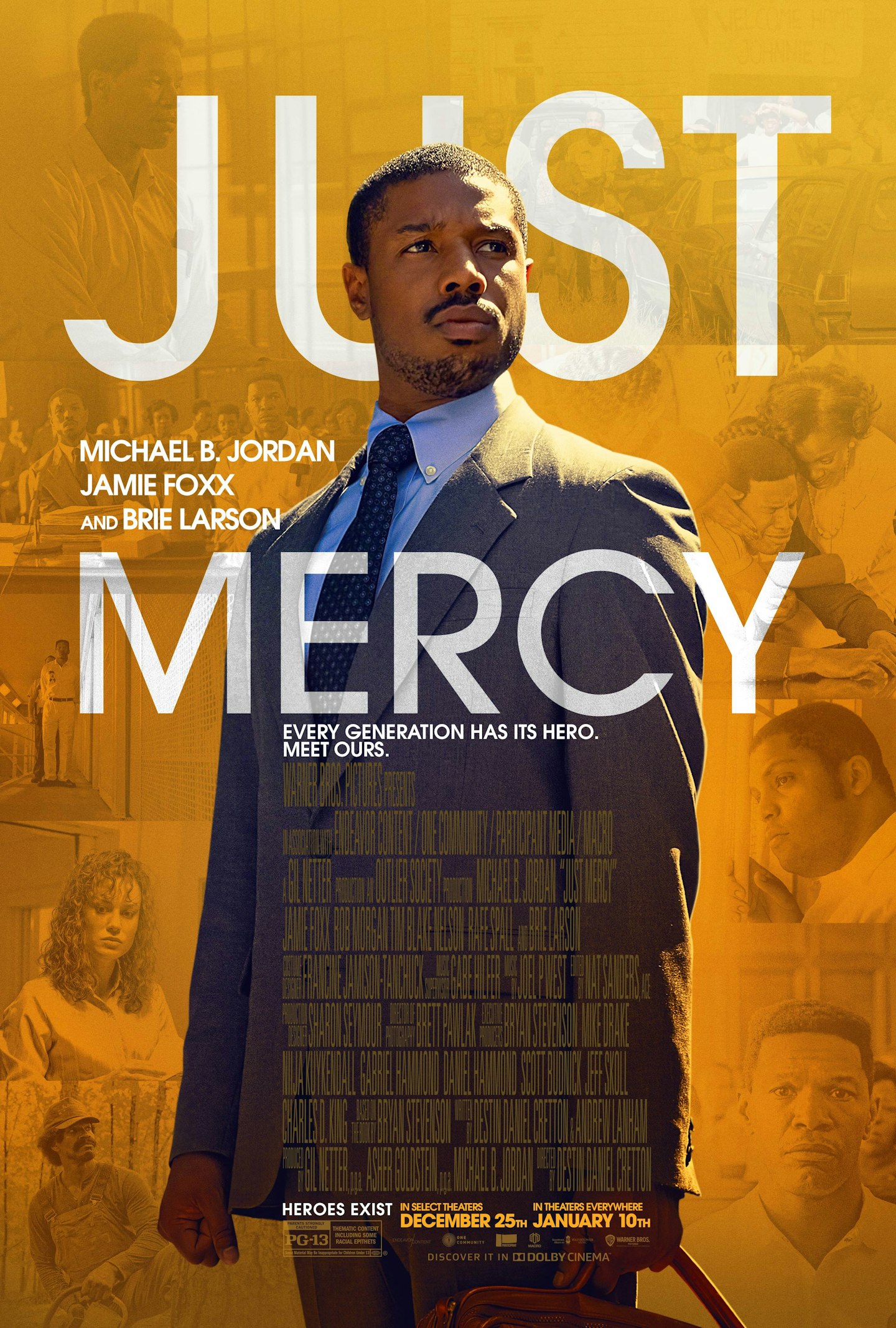 7 of 23
7 of 23Just Mercy
The true story of lawyer, Bryan Stevenson, battling to overturn the wrongful murder conviction of Walter McMillian. Available to rent on Amazon.
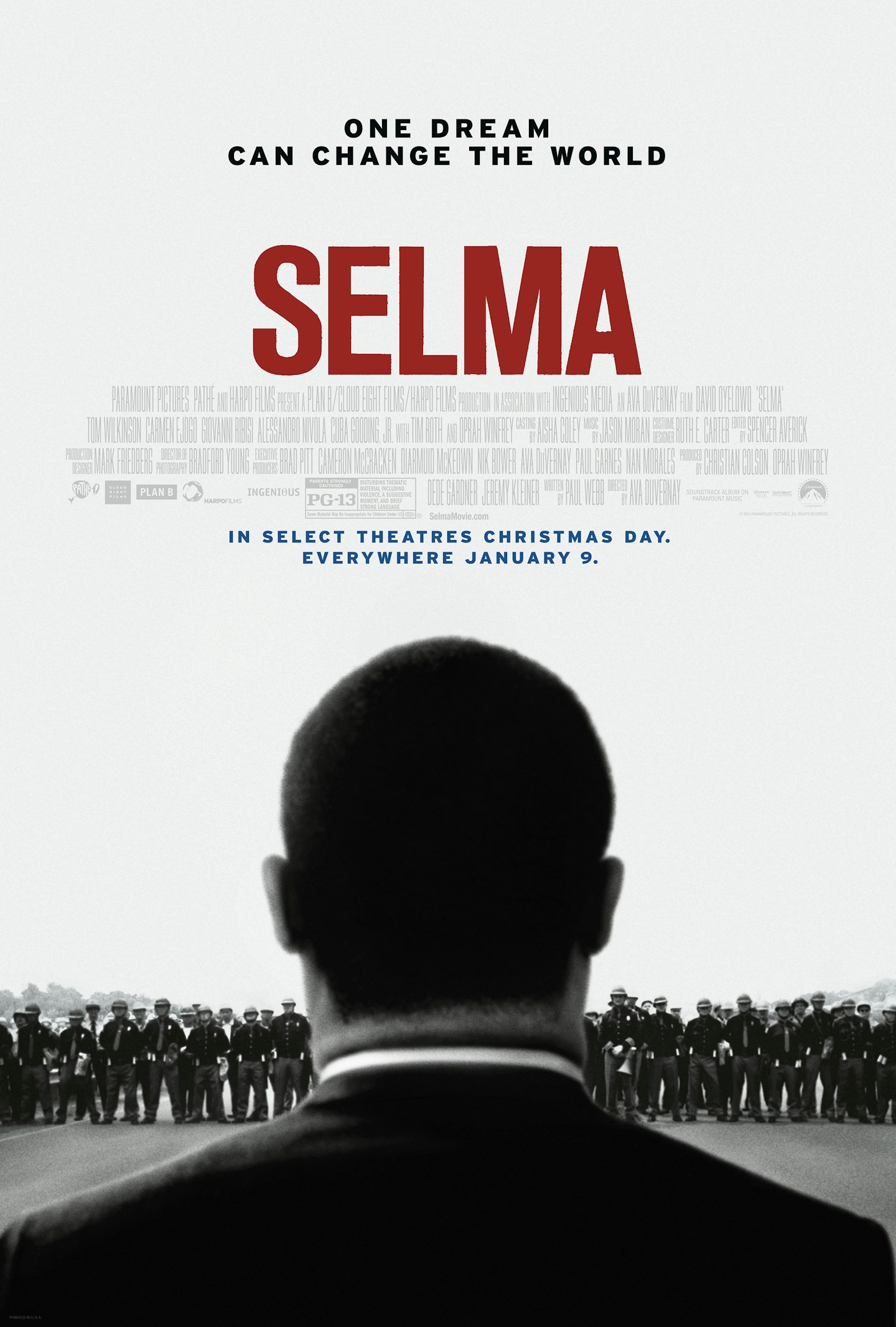 8 of 23
8 of 23Selma
This Ava DuVernay-directed film is based around Dr. Martin Luther King Jr. (David Oyelowo) and his followers' historic march from Selma to Montgomery. Available to rent on Amazon Prime.
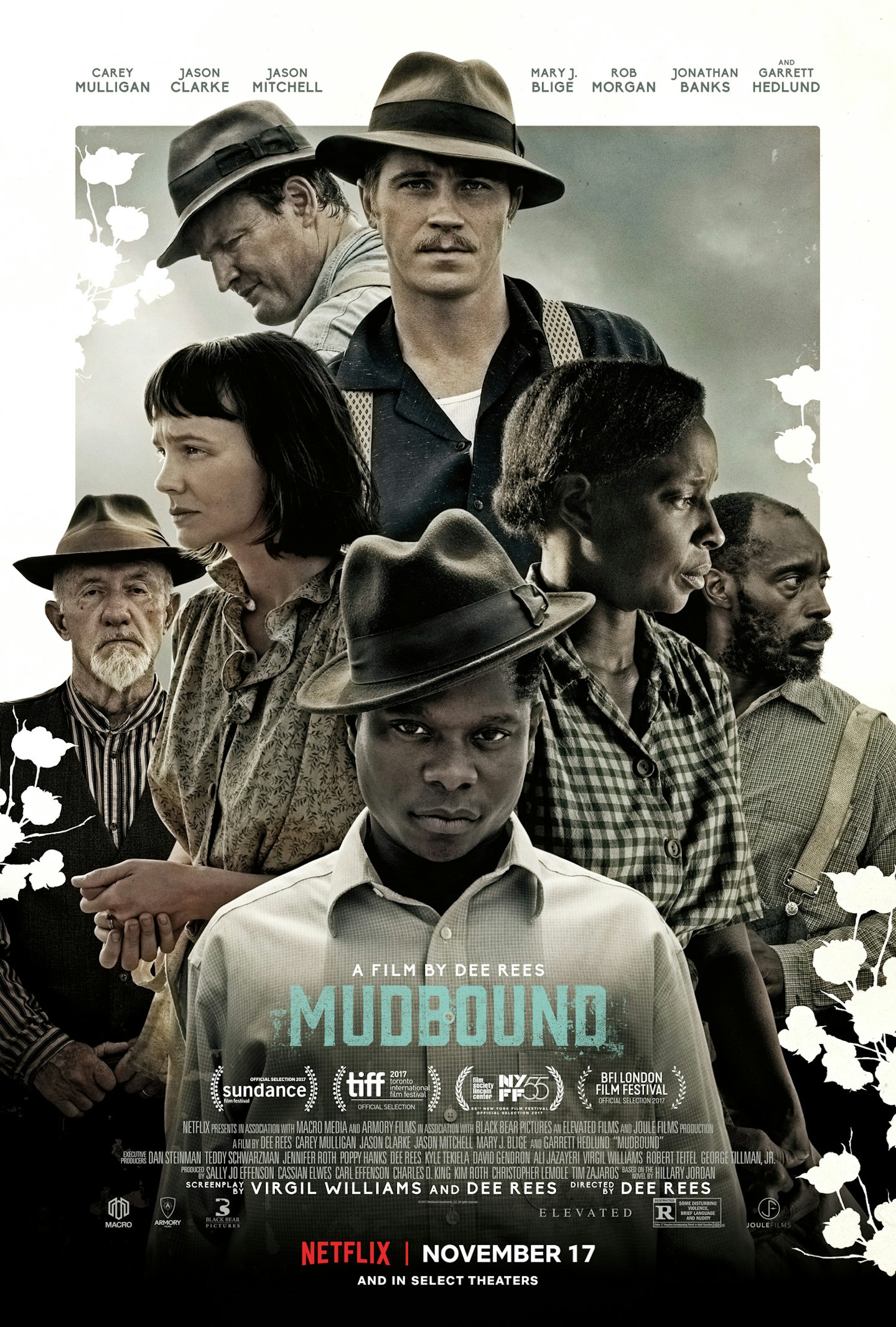 9 of 23
9 of 23Mudbound
Two Mississippi families – one Black, one white – confront the brutal realities of prejudice, farming and friendship in this Netflix series.
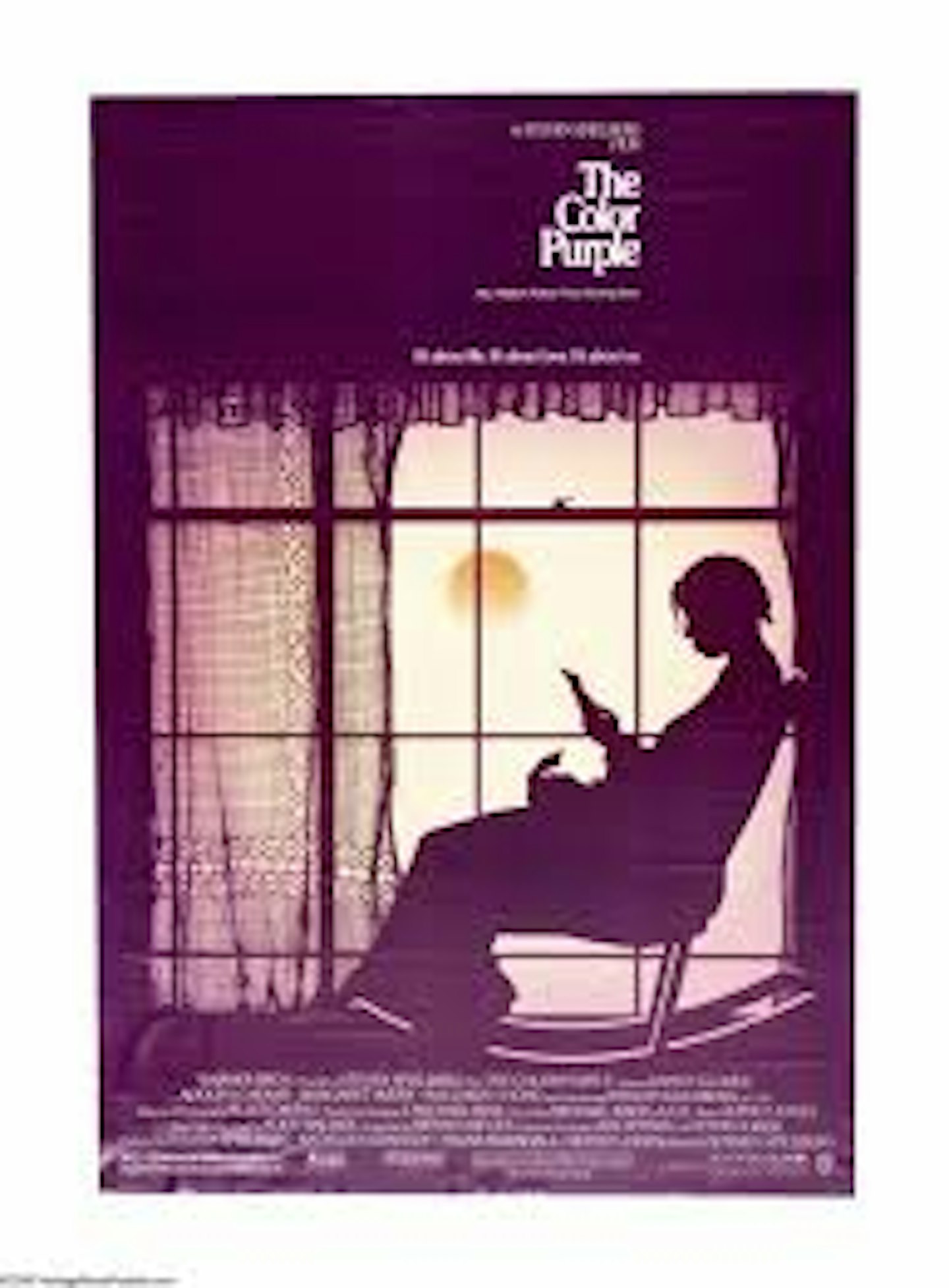 10 of 23
10 of 23The Color Purple
Based on the Pulitzer-winning book by Alice Walker, the film follows Celie, a black woman growing up in the early 1900s. Available to rent on Amazon.
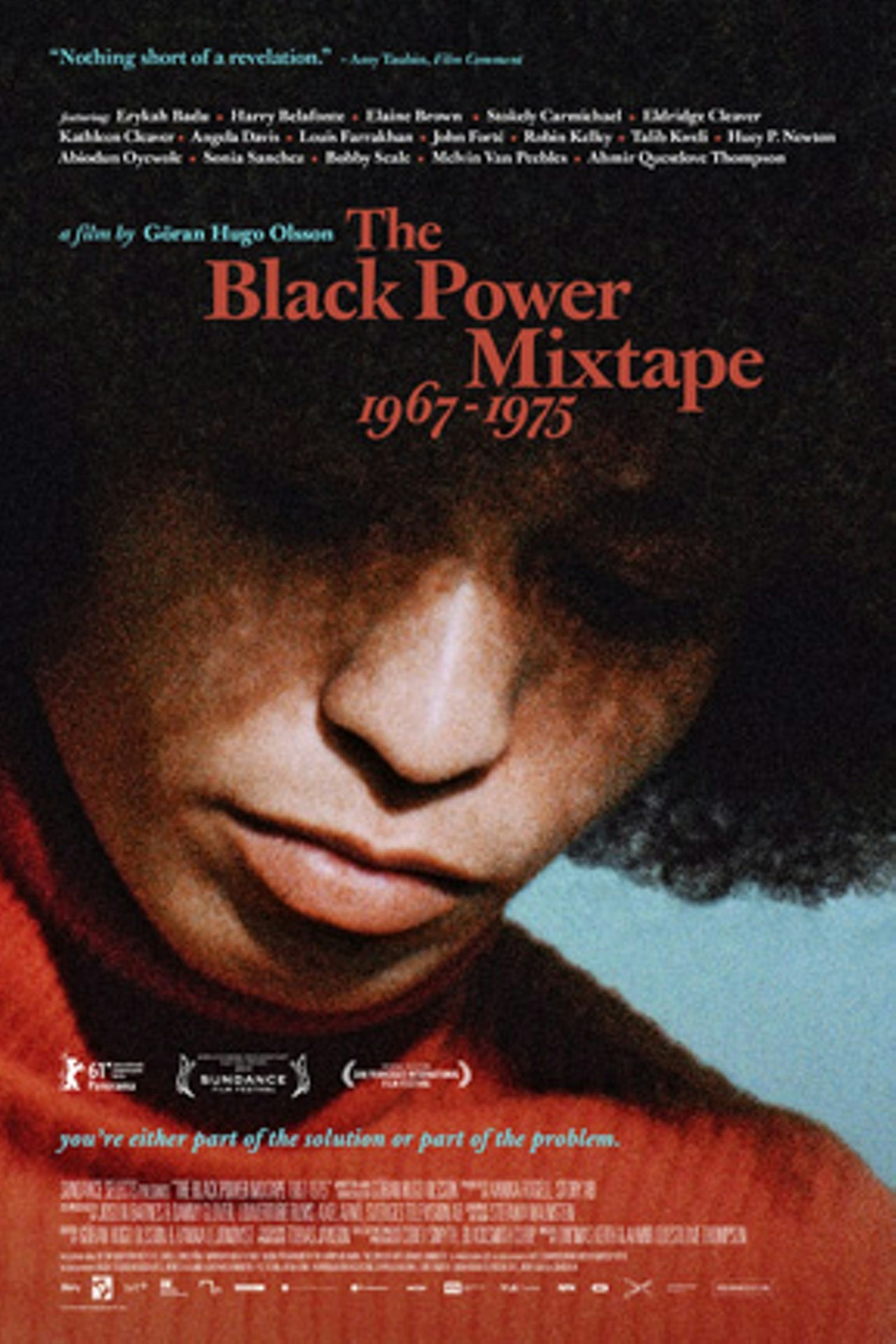 11 of 23
11 of 23The Black Power Mixtape 1967-1975
Many of the interviews that have been shared on social media this week feature in this film – a documentary about the Black Power movement through the eyes of Swedish journalists and filmmakers who'd travelled to report on it. You can buy the film on DVD.
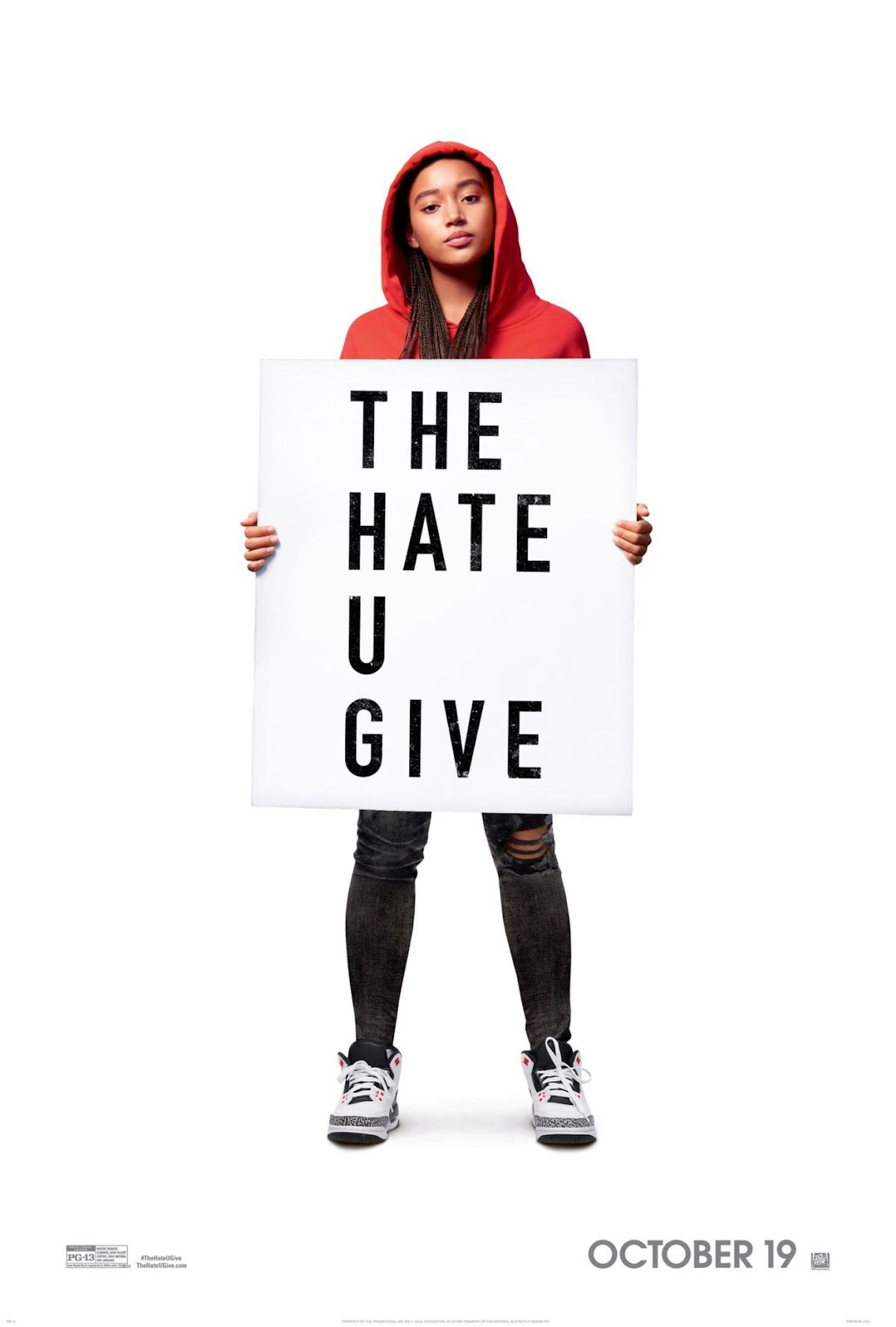 12 of 23
12 of 23The Hate U Give
This movie, based on the book of the same name by Angie Thomas, tells the story of Starr Carter, who witnesses the fatal shooting of her childhood best friend by police. Available to buy on Amazon.
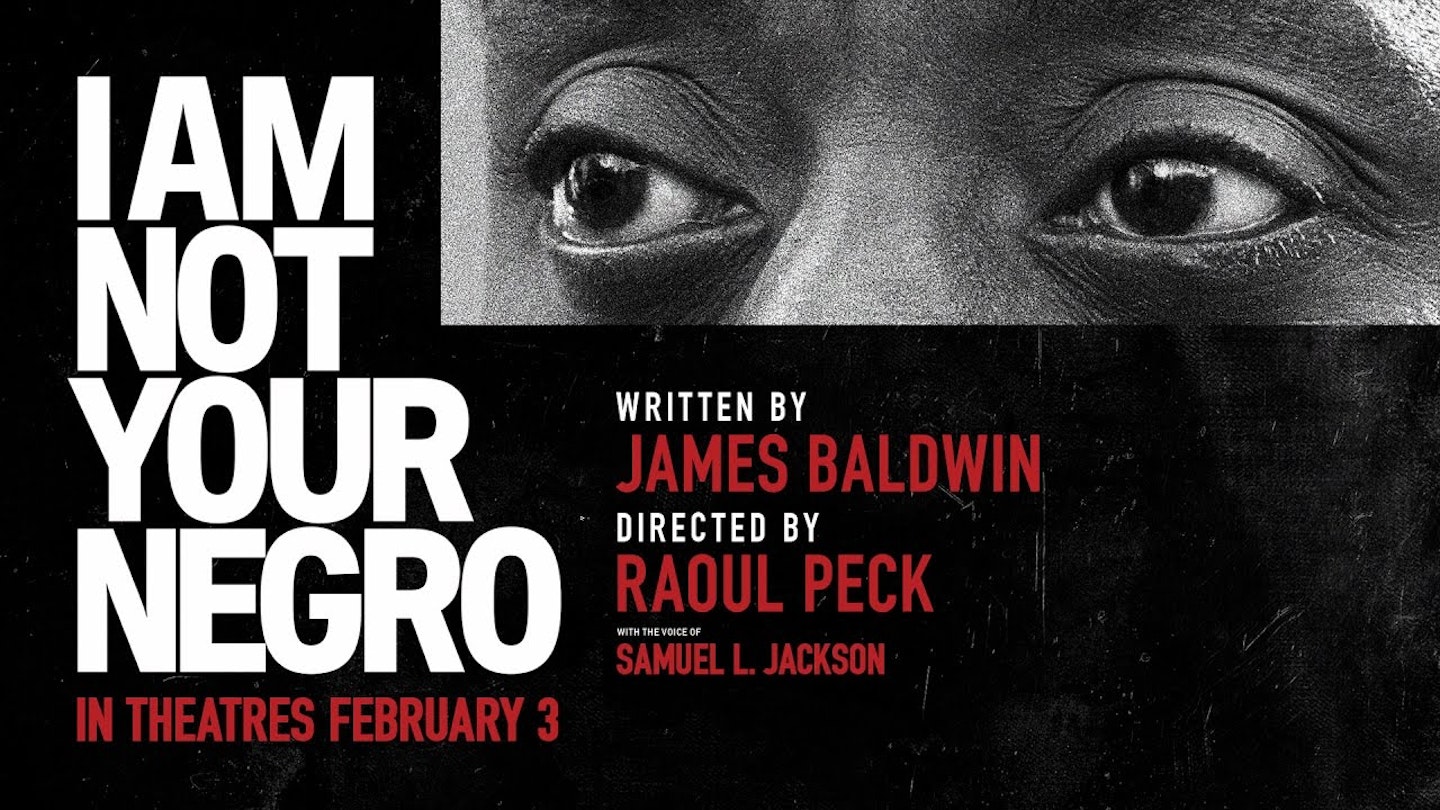 13 of 23
13 of 23I Am Not Your Negro
Told in the words of James Baldwin, through personal appearances and the text of his final unfinished book, I Am Not Your Negro touches on the lives and assassinations of Malcolm X, Martin Luther King Jr and Medgar Evans to discuss how the image and reality of Black people in America today is fabricated and enforced. Available on Amazon.
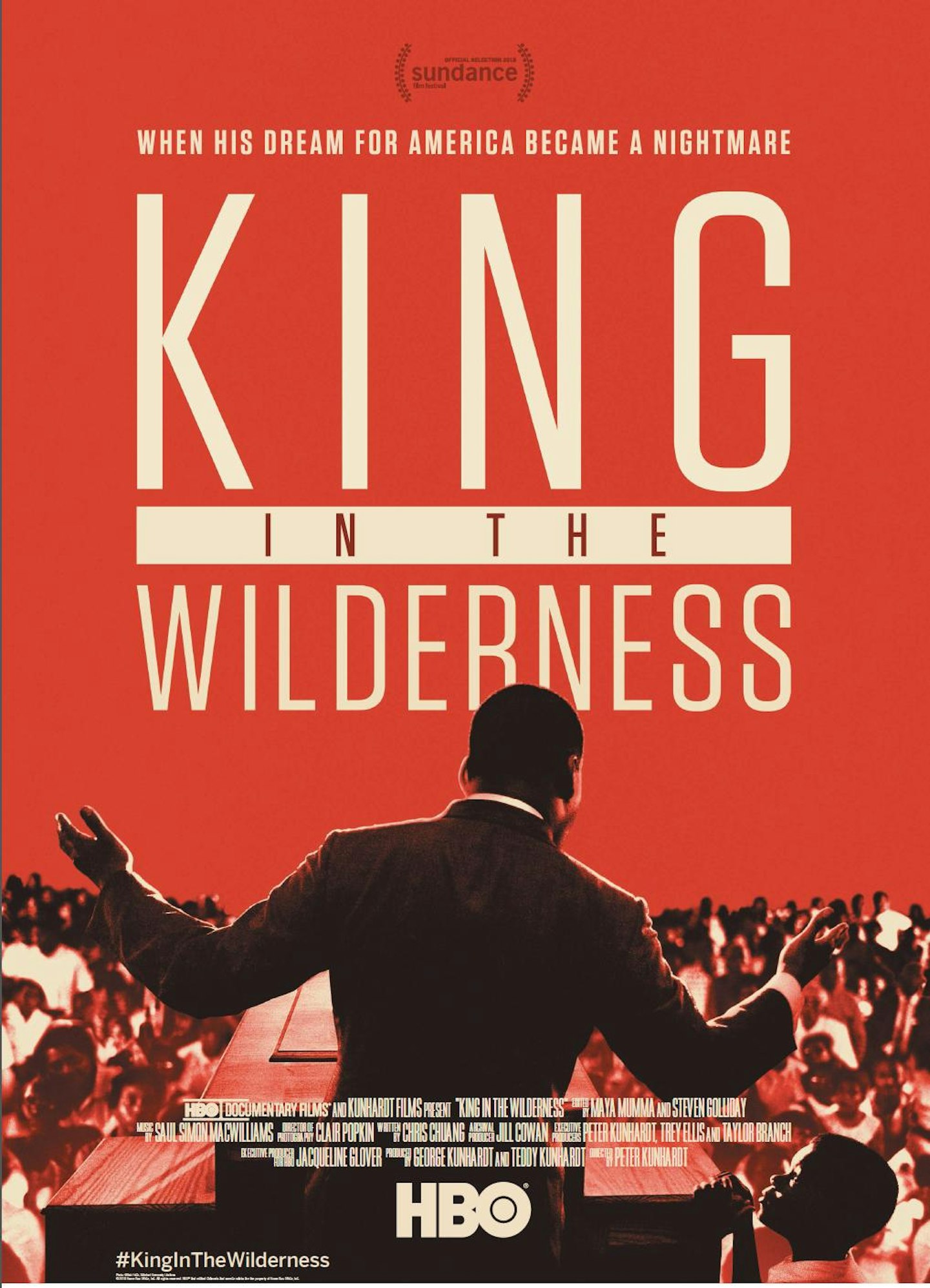 14 of 23
14 of 23King In The Wilderness
An HBO documentary chronicling the final 18 months of Martin Luther King Jr's life. Available to stream on Amazon.
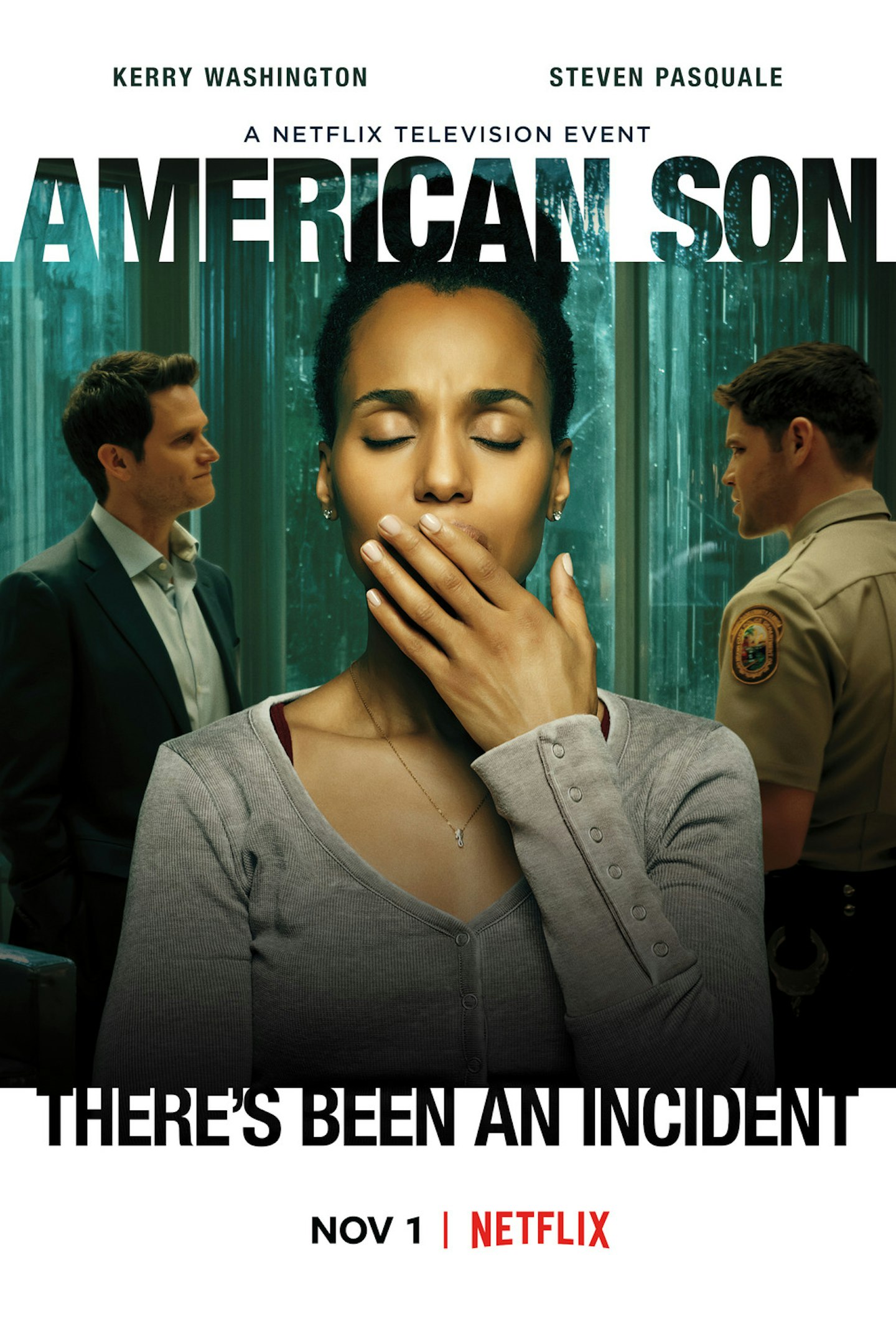 15 of 23
15 of 23American Son
Kerry Washington stars in this film about an estranged interracial couple awaiting news on their missing teenage son in a Florida police station. Available on Netflix.
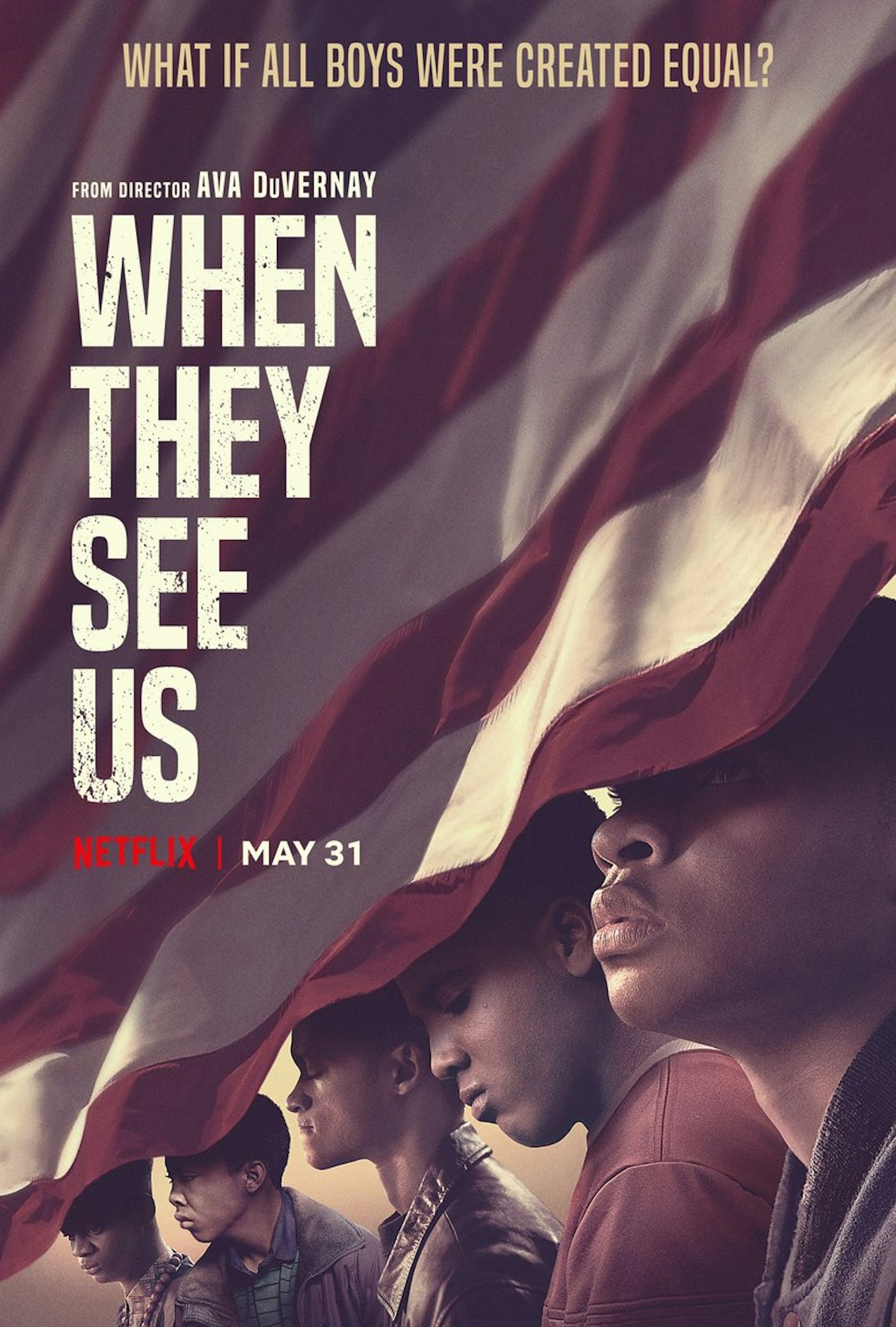 16 of 23
16 of 23When They See Us
A series created, co-written and directed by Ava DuVernay about the events of a 1989 rape case, and the Central Park 5, who were wrongly imprisoned for a violent rape and assault. The series is available on Netflix.
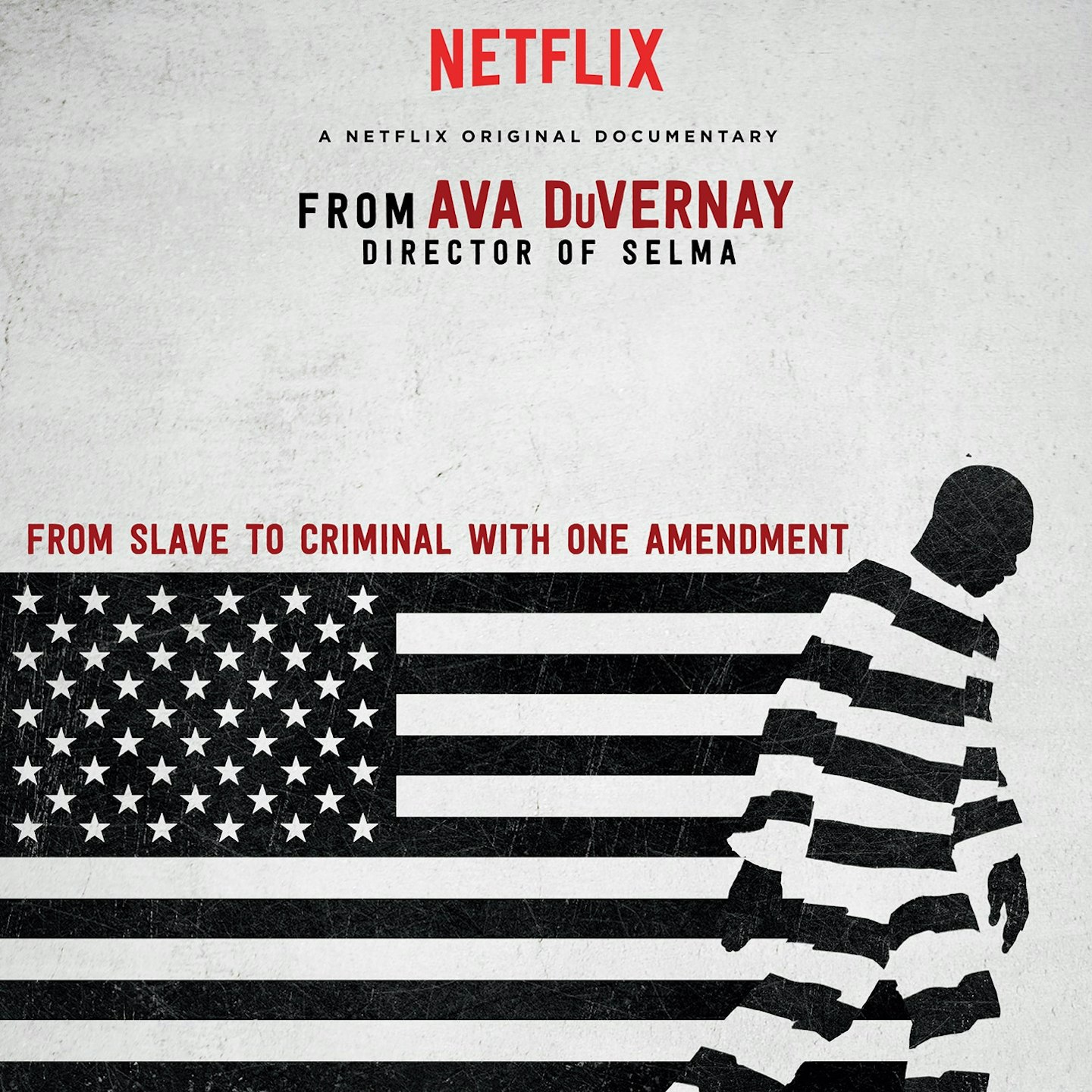 17 of 23
17 of 2313th
This documentary by Ava DuVernay includes scholars, activists and politicians, analysing the criminalisation of African-Americans and the US prison boom. Available on Netflix.
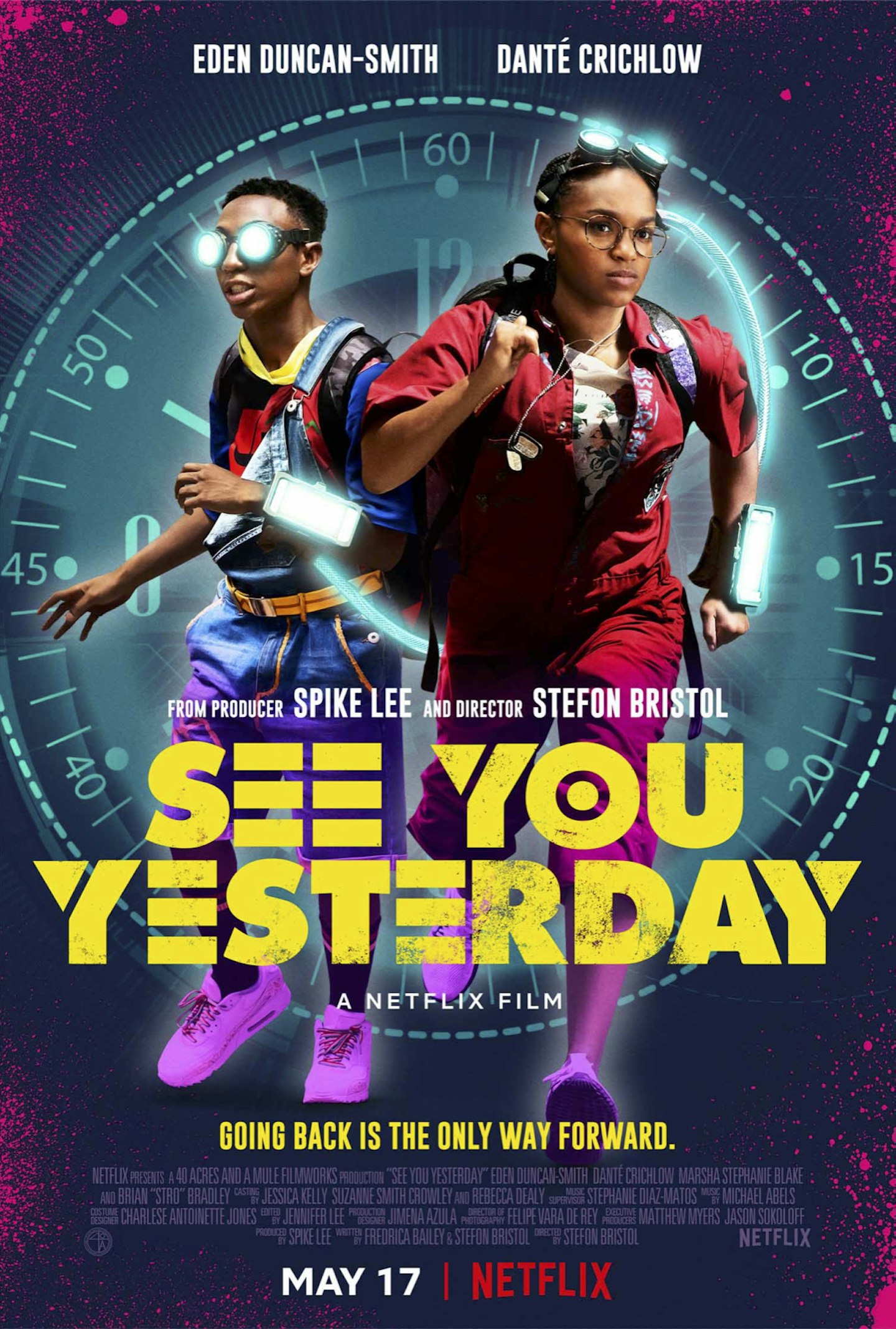 18 of 23
18 of 23See You Yesterday
This sci-fi film sees two teen prodigies trying to master time travel, as a tragic police shooting sends them on a series of dangerous trips to the past. Available on Netflix.
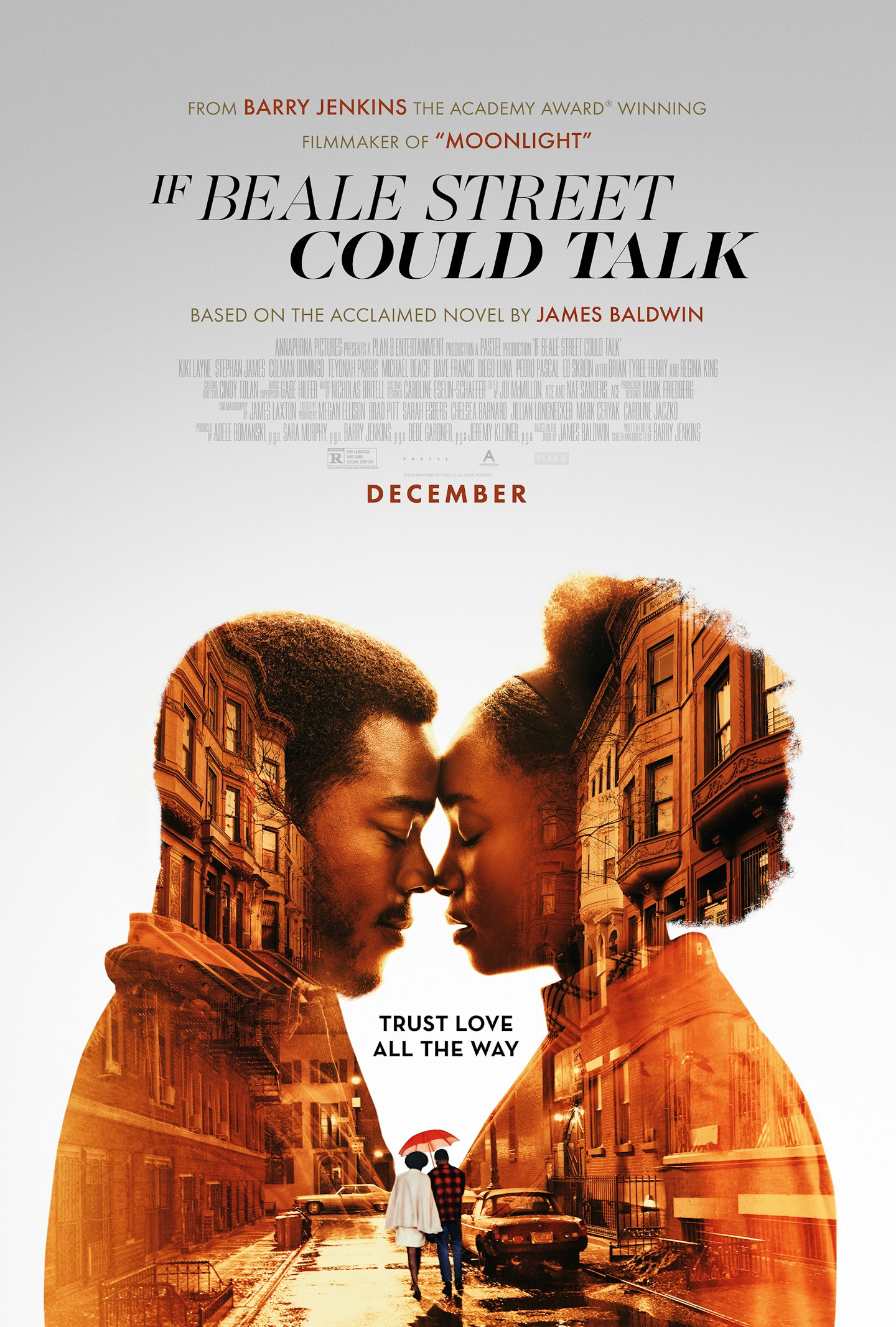 19 of 23
19 of 23If Beale Street Could Talk
Barry Jenkins wrote and directed this film, based on James Baldwin's 1974 novel about a Harlem couple torn apart by a wrongful arrest. Available to watch on Amazon Prime.
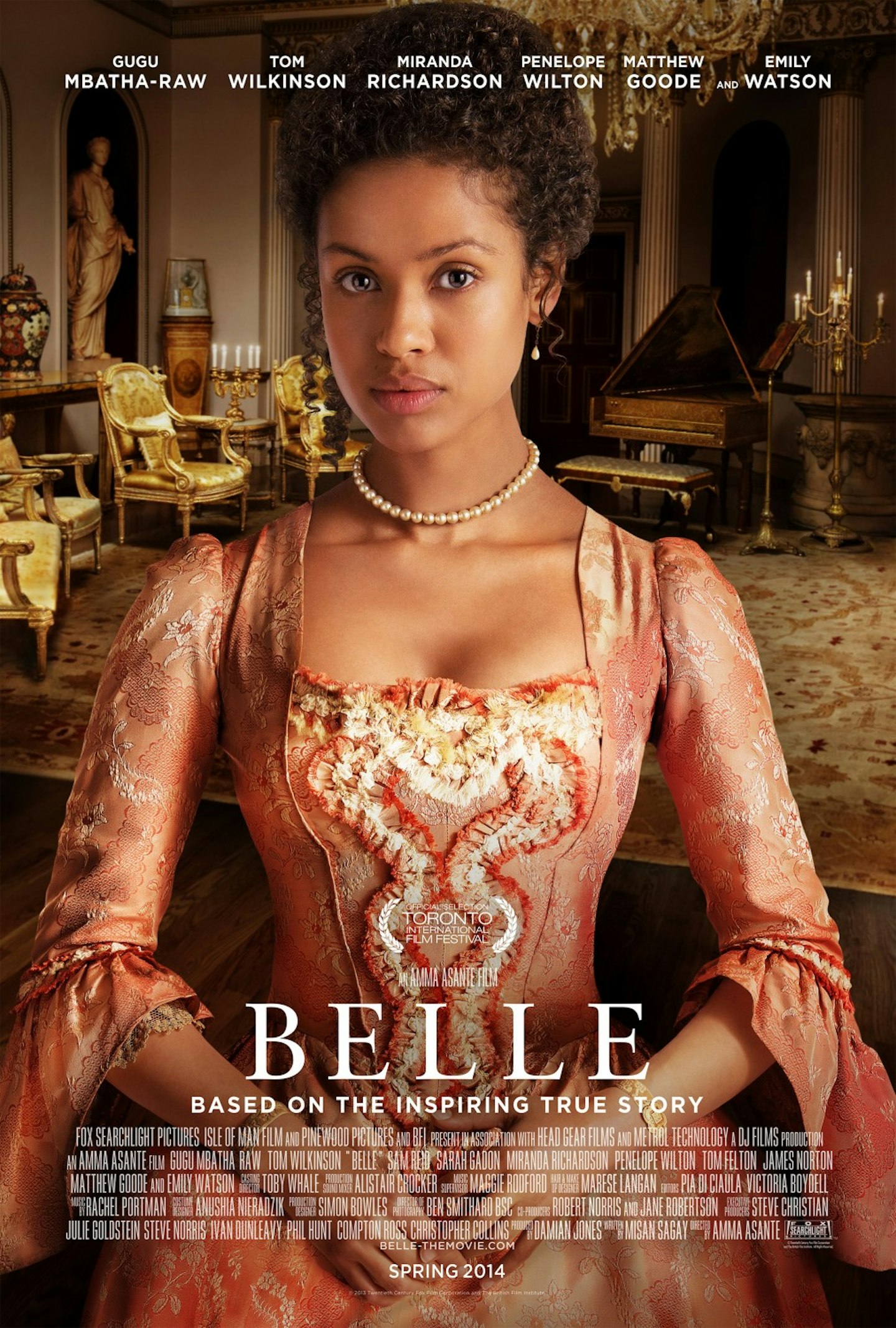 20 of 23
20 of 23Belle
Amma Asante's film is inspired by the 1779 painting of Dido Elizabeth Belle – the illegitimate mixed-race child of Sir John Lindsay – alongside her cousin, Lady Elizabeth Murray, which hangs in Kenwood House, London. The fictional story centres on Dido's relationships within her family and wider society, amidst the reactions to the Zong massacre, where slaves were thrown overboard from a slave ship and the owner filed for the losses with his insurance company. You can hire Belle on Amazon Prime.
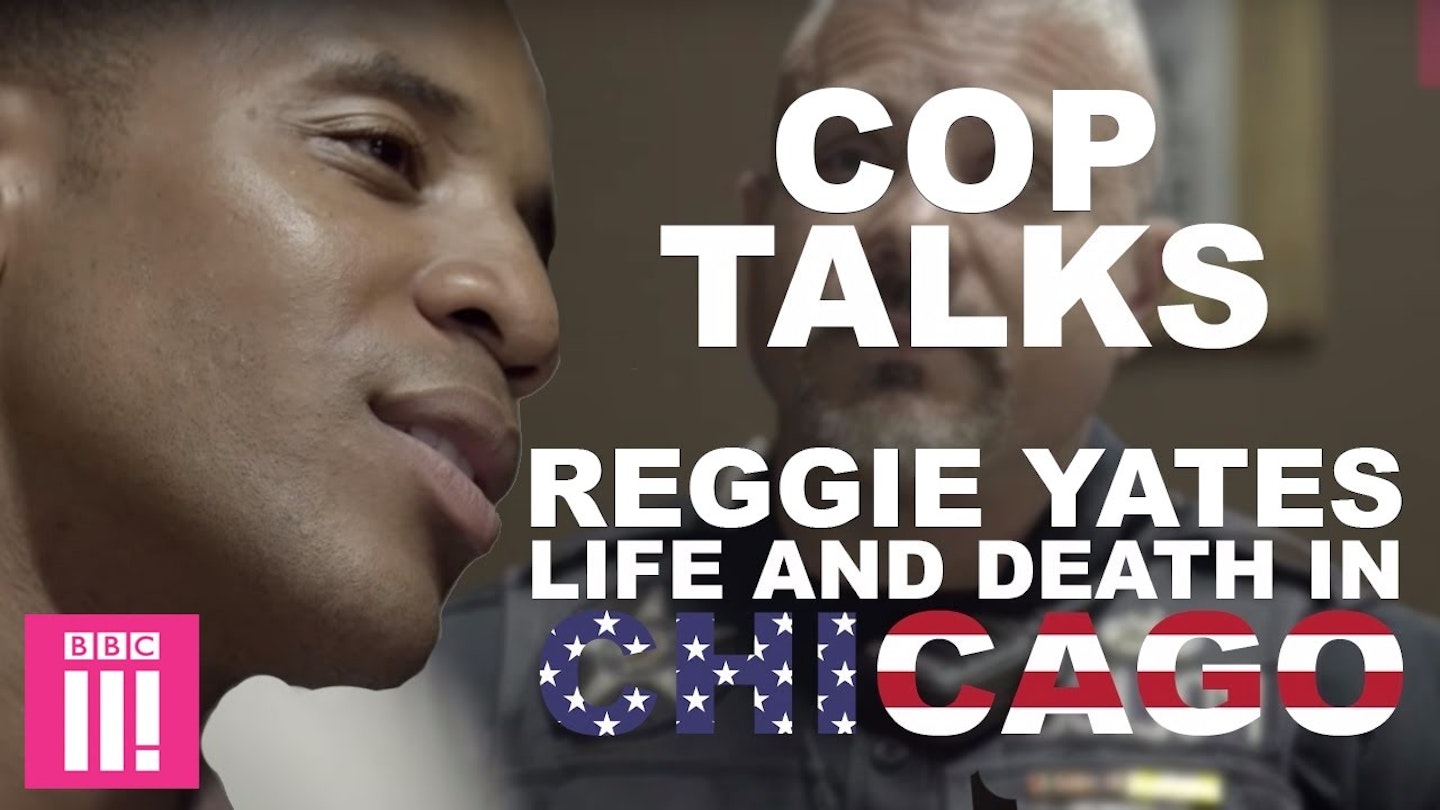 21 of 23
21 of 23Reggie Yates: Life and Death in Chicago
Many of Reggie Yates' ongoing documentaries and Extreme series for BBC Three are important watches. This documentary, which saw him travel to Chicago to examine gun crime in 2016, is available on iPlayer now.
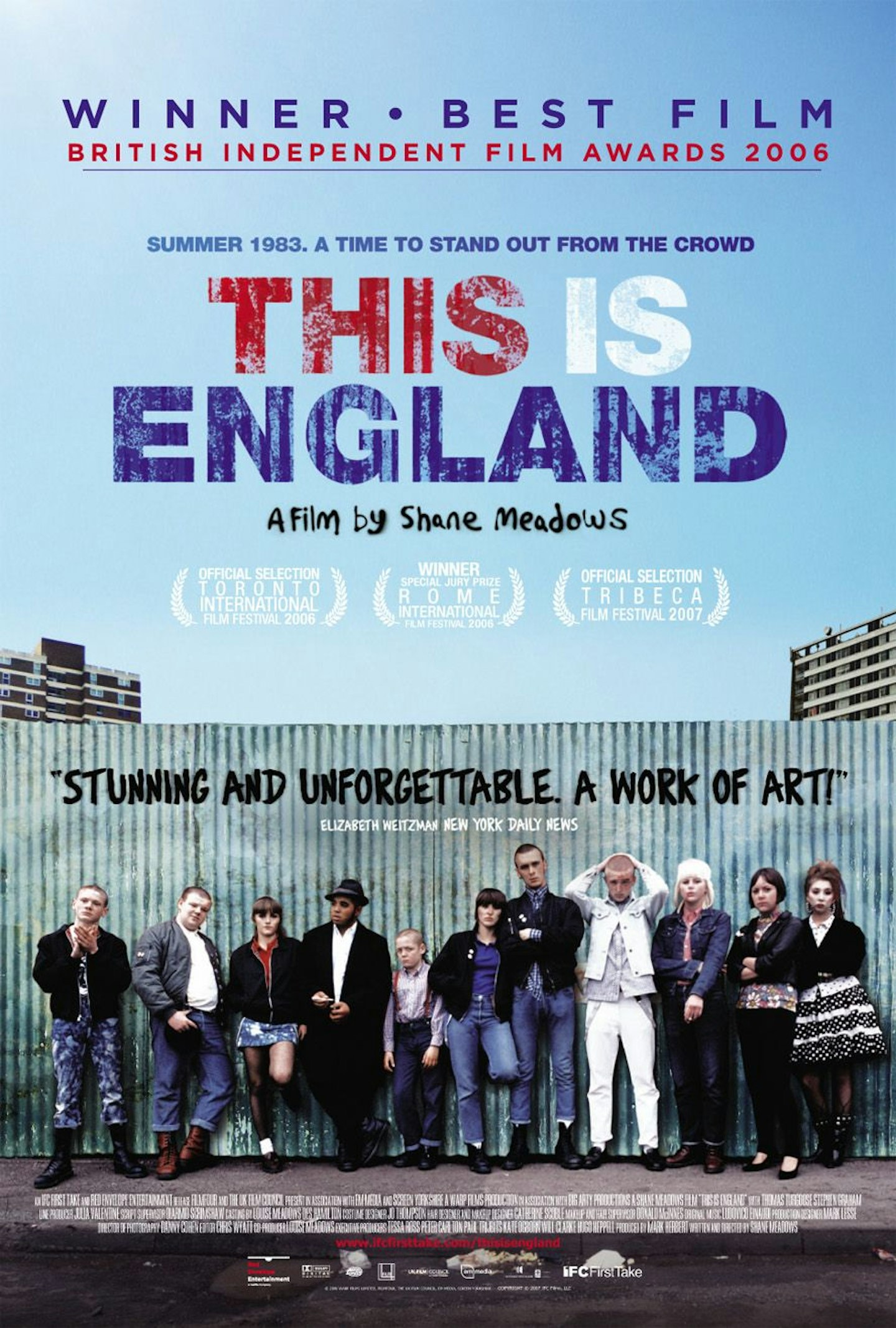 22 of 23
22 of 23This Is England
The Shane Meadows film that spawned the Channel 4 series shows the development of skinhead culture in the 1980s in the UK and how it became hijacked by racist voices. The film is available on Amazon Prime.
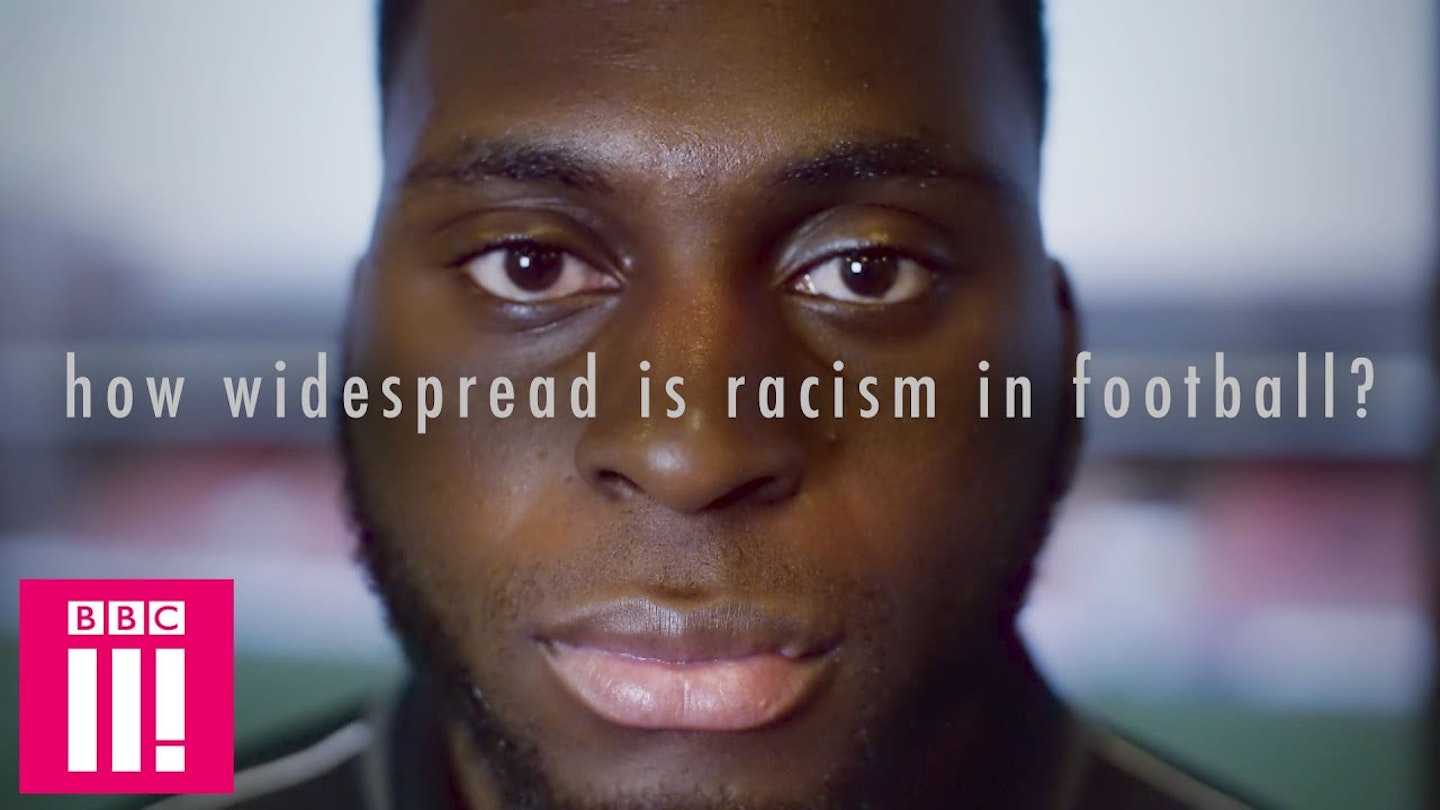 23 of 23
23 of 23Shame In The Game: Racism In Football
This BBC Three documentary, still available on iPlayer, examines the devastating impact of football racism in the UK, as incidents soar and players at every level of the game call for drastic action.
